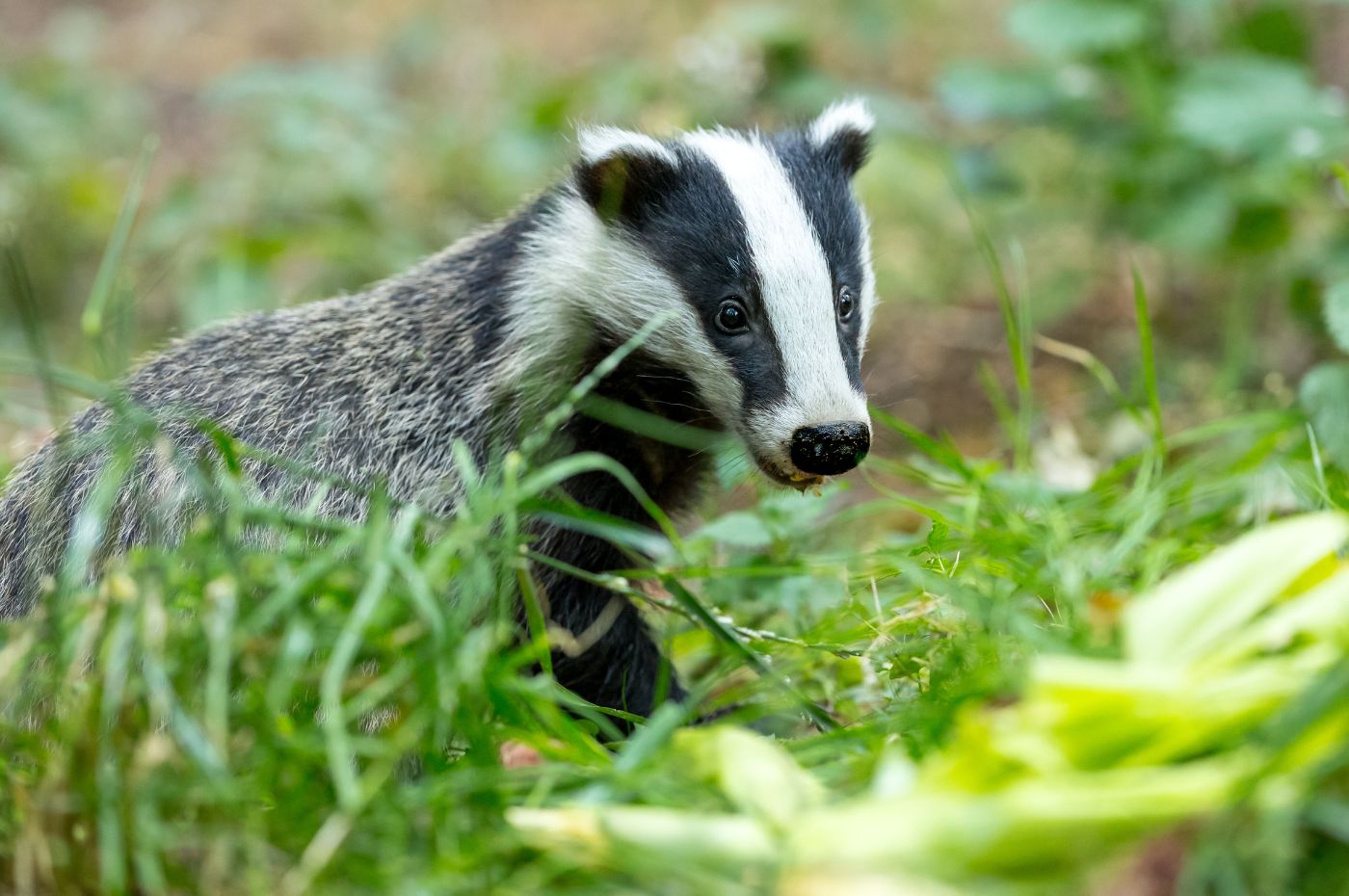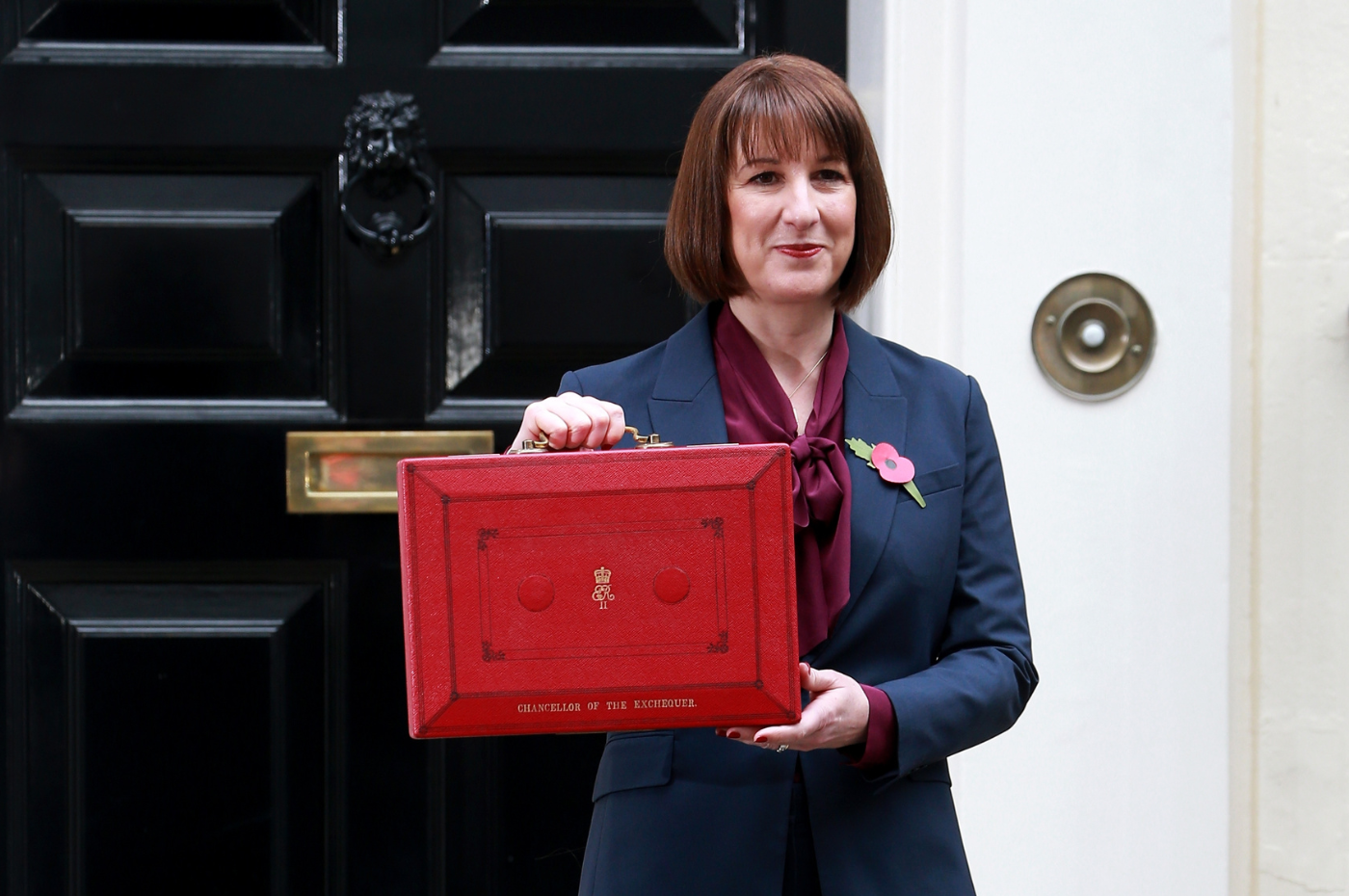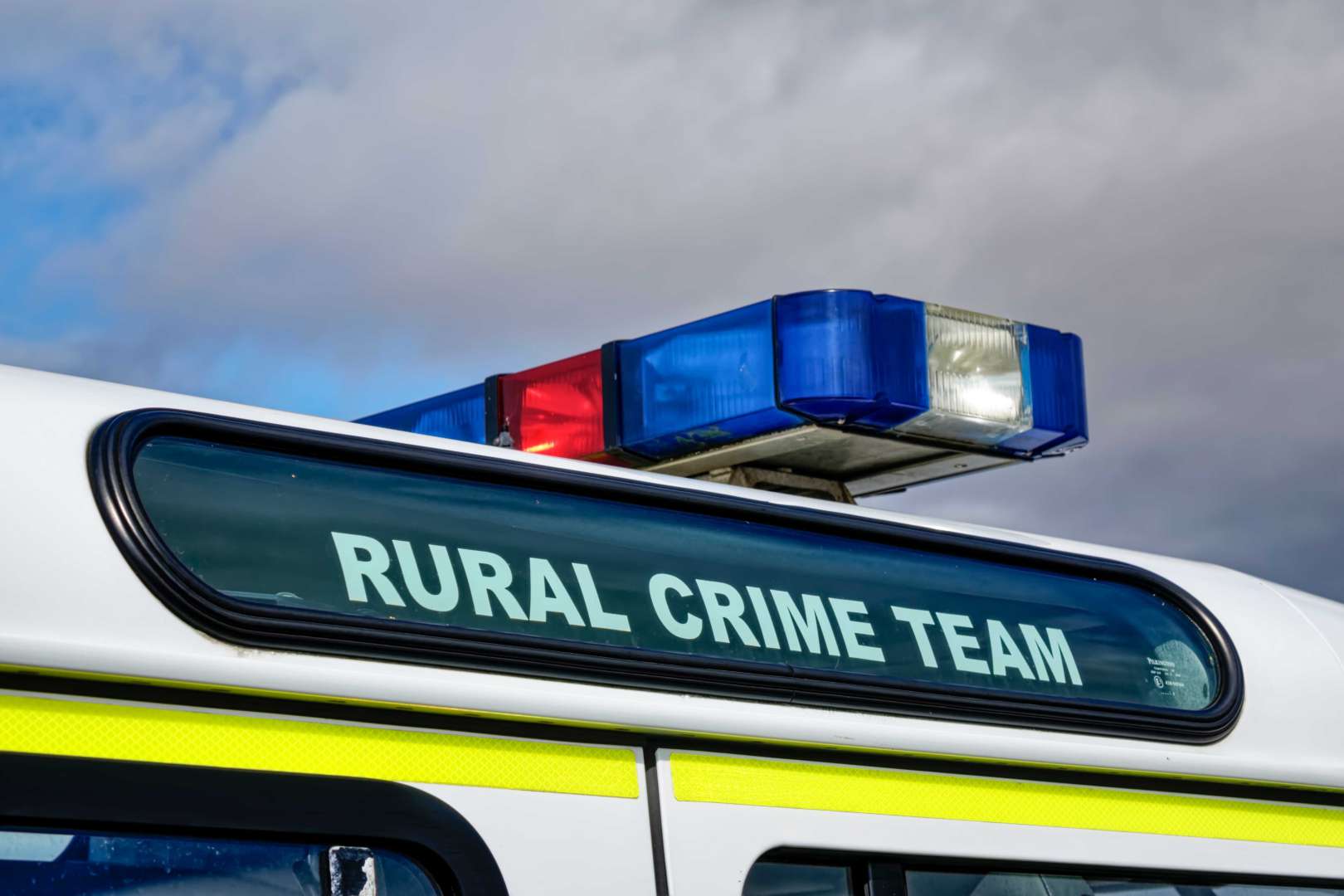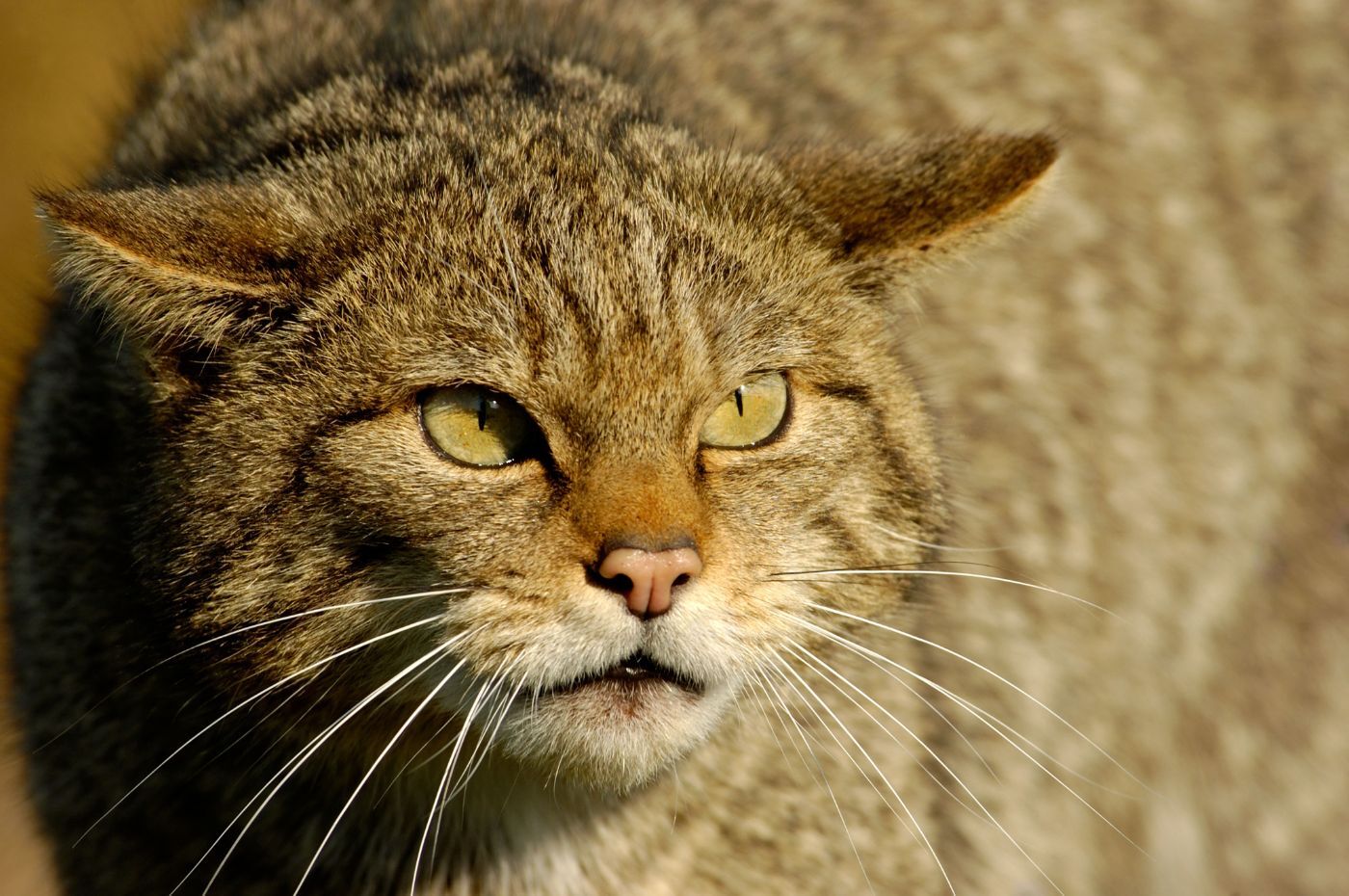Budget 2025: What it means for the countryside
Yesterday (26 November) the Chancellor of the Exchequer rose to deliver a...
View Details
There is plenty of criticism of the BBC that is unjustified. Countryfile might be light entertainment, but it is generally balanced. BBC news reporting on rural issues is largely fair, if sometimes a little patronising. Where the corporation has a huge blind spot, however, is when ‘celebrities’ become involved. In fairness it is not alone in this and large parts of society seem to consider that fame is a better indicator of expertise than experience or academic qualifications.
The BBC’s latest journey into the countryside lies right at the centre of this blind spot. Surely any BBC commissioning editor might have thought more than once about a documentary on bovine TB and the badger cull entitled “Brian May: The Badgers, the Farmers and Me”? Apart from the rampant egotism suggested by the title there was one very obvious question to be answered by a state broadcaster that constantly stresses its commitment to balance and sets its standards above other broadcasters: will this documentary be impartial? Even the briefest of considerations of Sir Brian May’s back catalogue would reveal that there was no chance of that being the case.
I am certainly not suggesting censorship. It would be perfectly possible to make an impartial documentary about Sir Brian May and his views on badgers and bTB. In fact, a properly made and balanced programme in which Sir Brian’s views were put up against experts and academics would have been quite revealing. What the BBC has commissioned, though, is a documentary by Brian May, presented by Brian May which promotes the opinions of Brian May. The BBC’s Editorial Guidelines state very clearly that: "Our audiences should not be able to tell from BBC output the personal opinions of our journalists or news and current affairs presenters on matters of public policy, political or industrial controversy". There was never even a vague chance that this documentary was ever going to meet this ambition yet the BBC commissioned it and will screen it on Friday night.
I have written to the BBC Director General, Tim Davie, which has started a wider debate in the media and whilst there are plenty of people who know much more about bovine TB than I do, there are not many organisations which have navigated the byzantine route through the BBC’s complaints process more often than the Alliance. The first thing to know is that the system has been designed to be impenetrable and so time consuming as to drain the life out of even the most determined complainant. The second is that the BBC will tie itself in knots rather than ever accept it was wrong. The BBC Trust once famously concluded that a complaint against Chris Packham by the Alliance could not be upheld because he was a recurrent presenter, not a regular one. The third is that since that ruling the BBC Trust has been replaced by Ofcom as the ultimate point of appeal for complaints about the BBC. If there are grounds for complaint (which looks inevitable), you can be sure that the Alliance will pursue its case whatever barriers are put in our way.
In an extraordinary interview with Farmer’s Weekly earlier this week, Sir Brian rejected peer reviewed science claiming “it tends to be not impartial” and asserted his view that badgers do not transmit bTB. His documentary has already been viewed by some of those involved and reviewed by journalists. On the basis of that, we understand it is as biased as the rest of Sir Brian’s output on bTB. Most critically it seems that Sir Brian may not have been entirely open about the status of Gatcombe Farm in South Devon where the documentary is based and where he claims that an alternative approach to bTB control through enhanced testing and improved biosecurity has effectively reduced the disease. However, it has been reported that Gatcombe Farm has recently had a bTB breakdown and how the documentary deals with this information will be very interesting indeed.

Yesterday (26 November) the Chancellor of the Exchequer rose to deliver a...
View Details
The Countryside Alliance says rural crime is outpacing policing, with rising...
View Details
If you have ever seen a wildcat in the British countryside you are very lucky....
View Details